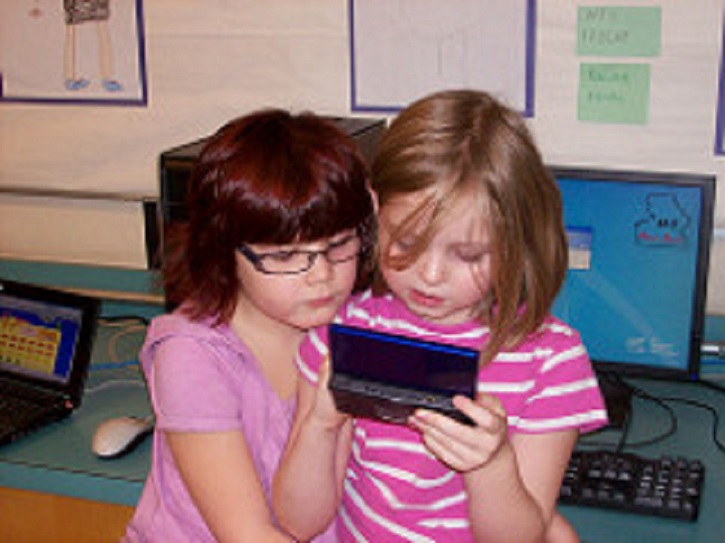
by Kathy Cassidy | Mar 13, 2019 | Less Teacher, More Student, Making The Shift, Passion Based Learning, Voices
Science and health lend themselves easily to PBL (passion or project-based learning) in my mind. But I wasn’t sure how I was going to make it all work in a social studies unit about relationships, rules and responsibilities. I want this to be based on what the students are interested in. Yet there really is nothing about the words “relationships,†“rules†and “responsibilities†that has the ability to inspire passion in most six-year olds. But then I thought about our six Nintendo DS gaming devices.
by Matt Renwick | Oct 22, 2013 | Less Teacher, More Student, The How of 21st Century Teaching, Voices
Our job as educators is to be thought-provoking instead of thought-providing, says Wisconsin principal Matt Renwick. One-to-one technology is only as good as the meaning students make with it. Our students will make meaning if what we present is meaningful to them. This means taking advantage of strengths that may in the past have been seen as problems. “Talking†and “arguing†are fine examples.
by Peter Skillen | Apr 9, 2013 | Passion Based Learning, The How of 21st Century Teaching, Voices
Teacher and teacher educator Peter Skillen reflects on the role of passion in learning, highlighting the research and reminding us that emotion energizes the brain. Mesmerize!
by Powerful Learning Practice | Jun 21, 2011 | Action Research Projects
Chinook’s Edge School Division Team 2 Team Members: Georgie Perigny, Carolyn Massel, Sandi Berg, Dr. Jennifer Lock, John Ferguson, Carmen Christie-Bill Community: Canadian Community Year 1, 2010-2011 Our team’s project has focused on the levels of student...


